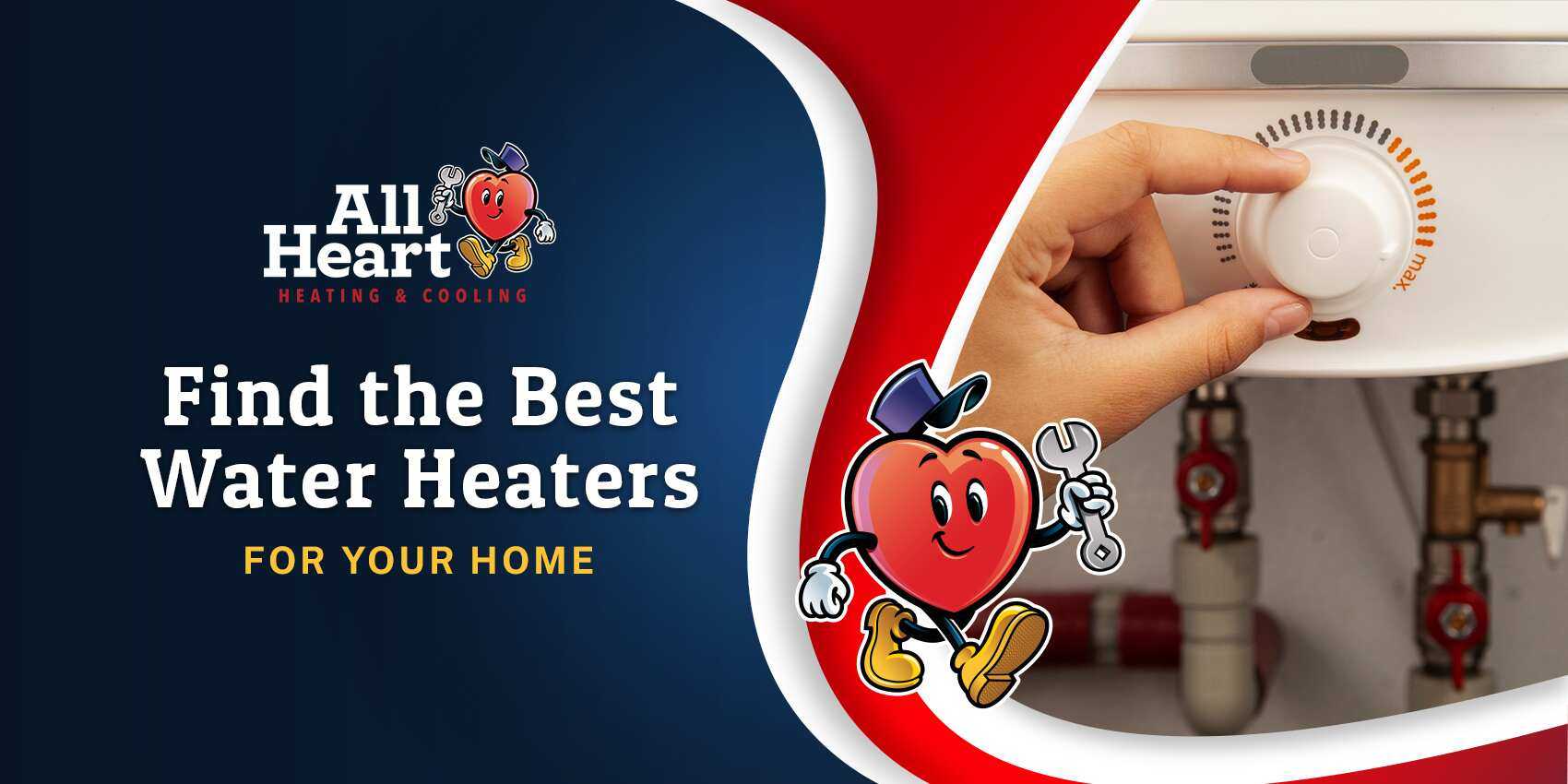There are several factors you must consider when choosing a water heater for your home. These factors include tank capacity, energy efficiency, and installationThisulty. In this blog, we’ll cover the different types of water heaters available and the features you should look out for.
Types of Water Heaters
Conventional storage water heaters are the most common type of water heater. They provide a tank of hot water for everyday use and can be used for everything from bathing to cooking. These water heaters are affordable and reliable, but they require energy to operate.
Tankless or demand-type water heaters don’t use a storage tank, so they don’t require energy to function. Instead, these water heaters heat water directly using electric coils or other devices. They’re more expensive to operate than conventional water heaters, but they provide consistent hot water and can be used for larger households.
Another type of water heater is a solar water heater. This type of hot water heater uses the sun’s energy to provide hot water without using electricity, saving money on energy bills. However, solar water heaters aren’t as efficient as other types of water heaters. They also require sunlight to operate, so it’s vital that they be installed in areas with plenty of sunshine.
Choosing the Right Capacity
Water heaters are one of the most important appliances in any household, as they help provide hot water on demand. When choosing a water heater, consider the size of your household and the amount of hot water used. Some popular options for water heaters include electric water heaters and gas water heaters.
Electric water heaters have a two-element system, with one element at the top and one at the bottom. They can provide extra heating for larger households. Meanwhile, gas water heaters are economical but may require more frequent maintenance.
The most efficient water heaters available are heat pump water heaters (HPWHs). HPWHs have a heating element, an energy-efficient pump, and a solar panel that works together to efficiently transfer energy from the solar panel to the water and back. The cost of operating HPWHs is usually higher than other types of water heaters due to electricity costs, but they can save energy by taking advantage of weather conditions and can also reduce carbon emissions by heating water with renewable energy sources.
To choose the best type of water heater for your household, consider factors such as cost and energy consumption.
Features to Look For
ELECTRIC water heaters typically have two elements, one at the top and one at the bottom of the tank, each controlled by an independent thermostat. To ensure optimal performance, it’s important to consider the type of water heater you’re planning to buy.
– Electric water heaters are the most common type. These water heaters use electric heating elements to heat water as it passes through the tank. They’re affordable and easy to use, but they can be expensive to repair or replace down the road. Plus, they produce waste heat that can cause electric bills to go up if you don’t have adequate insulation in your home.
– Tankless water heaters don’t store hot water, instead heating it as it passes through a series of coils. They’re energy-efficient but can be costly to install and maintain when compared with electric water heaters. Plus, they require electricity at all times, so they cannot be used during power outages or in areas without access to electricity.
– Smart grid implementations can allow water heaters to heat water when the electrical grid load is low. This technology allows homeowners to control their electric water heater using their electric utility’s online interface or app, which helps save money on energy costs and makes them more environmentally friendly than traditional models.
On-demand recirculation systems can also help homeowners save energy and water when waiting for hot water to reach the faucet. These systems circulate hot water internally in order to keep it at a consistent temperature throughout its cycle rather than letting it gradually cool off once it has been heated in the tank.
Energy Efficiency Considerations
-Maintain your water heater to ensure it is operating at peak efficiency. This involves checking the water level and making sure there is nothing blocking the flow of water into and out of the heater.
-Make sure the water inside your water heater is clean and free of debris and that you have a water filter installed on the faucet entering the water heater. Also, be sure to run your water heater gently, as this will help prevent wear and tear on the unit.
-Choose an energy-efficient water heater when possible. Water heaters with digital readouts or energy savers are more efficient than standard models, so these options could save you money in the long term.
-Solar water heaters rely on solar energy to generate heat and can be a cost-effective choice for some households. However, they require a large upfront investment and should be evaluated carefully based on local weather conditions, financial considerations, and other factors.
EOS
Installation Tips and Resources
– When selecting a water heater, homeowners should consider their budget and energy needs. The cost of a water heater varies depending on the home and budget, but it might be worth spending more on one that is energy efficient and lasts longer, as these water heaters offer many benefits.
– Before installing a new electric water heater, homeowners should check electrical connections and the thermostat to ensure they are functioning properly. These steps will help ensure that the water heater is installed correctly and effectively.
– After an electric water heater has been installed, homeowners should use easy, inexpensive methods to maintain the water heater, such as flushing the tank and checking the anode rod for corrosion, and insulating the tank and pipes.
– If a water heater requires professional installation, it would be best to get help from a professional who can inspect the water heater for safety issues and make any necessary repairs.
Water Heater Maintenance
Water heating can account for a sizable portion of a household’s energy consumption. This is partly because water heating requires energy-intensive devices such as electric water heaters and gas water heaters. To save energy and money, it’s important to conduct regular maintenance on water heaters, choosing high-efficiency water heaters when feasible and installing solar water heaters when they make sense.
Several types of water heaters are available, with heat pump water heaters (HPWHs) being one of the best options. HPWHs heat water using electricity or natural gas without requiring a pilot light or flame, and they can help households save money by reducing energy costs.
Another option is to install a solar water heater, which relies on solar energy to generate hot water. Solar water heaters require a solar collector and an insulated storage tank, but they can provide households with consistent hot water without the hassle of plumbing. When replacing a water heater, look for options that are more energy-efficient as mandated by federal regulations. This will ensure that you get the most from your investment while also protecting the environment.
Conclusion
Water heaters are a vital part of any plumbing system. Choosing the right water heater for your home can help ensure you’re getting the most out of your water heating system and maximizing efficiency. If you’re considering water heater options, we hope these water heater buying tips have been helpful. For more information on water heater types and related resources, get in touch with us today!





